I think basically it means that in order to use this class method from other code (main method, other class method body, etc) you need additional measures. With this it means basically that you have to make this class visible to the scope where you are trying to use it (in general by including the header where it's defined) so you are able to instance variables/objects of this class and to call its methods on them.
For example, in order to use this class (let's call it foo) from other code you have to do the following:
#include "foo.h"
void MyClass::bar()
{
Foo instanceOfFoo;
instanceOfFoo.Update();
....
}
If you need to call the Update() method from the Foo class .cpp file there's no need to create an instance of itself. So you can call its methods with these additional measures. So the Foo class methods could call the Update like the following:
void Foo::SomeMethod()
{
Update(); //
}
In fact the above method has a hidden parameted called this which refers to the current instance of the Foo class. So the code above is something like:
void Foo::SomeMethod(Foo* const this)
{
this->Update(); //
}
